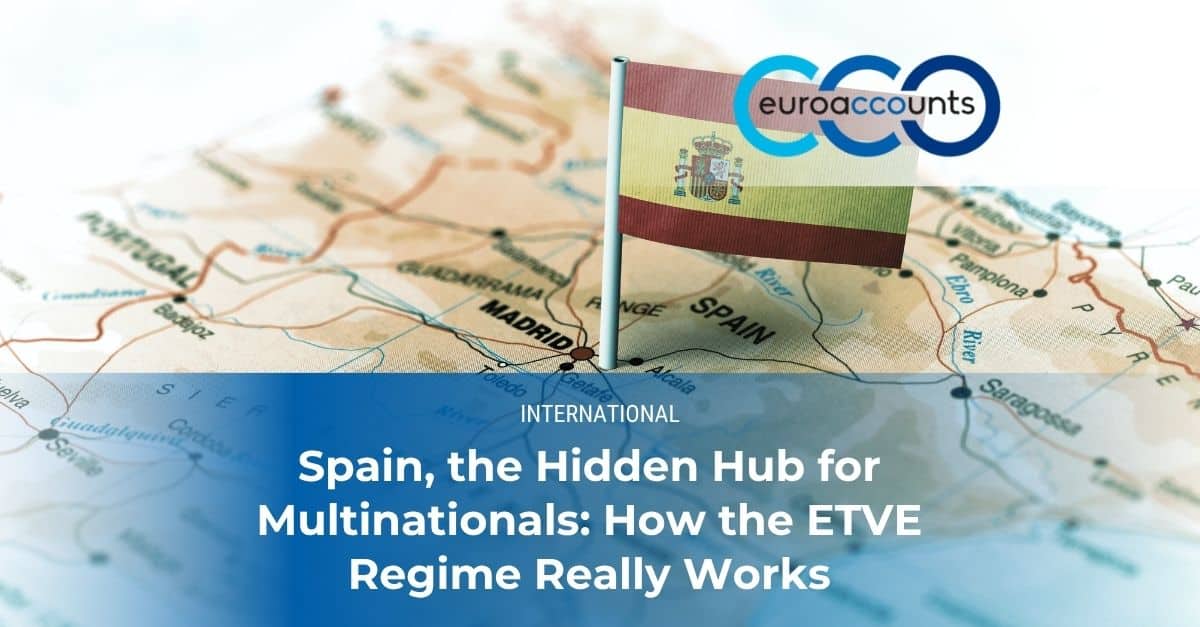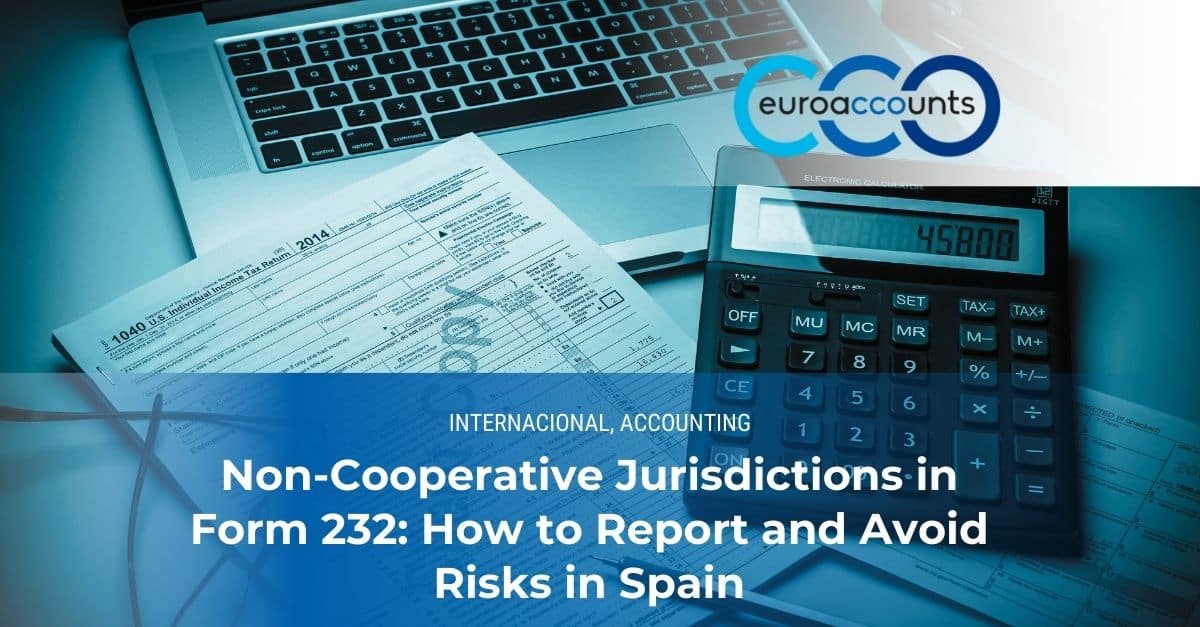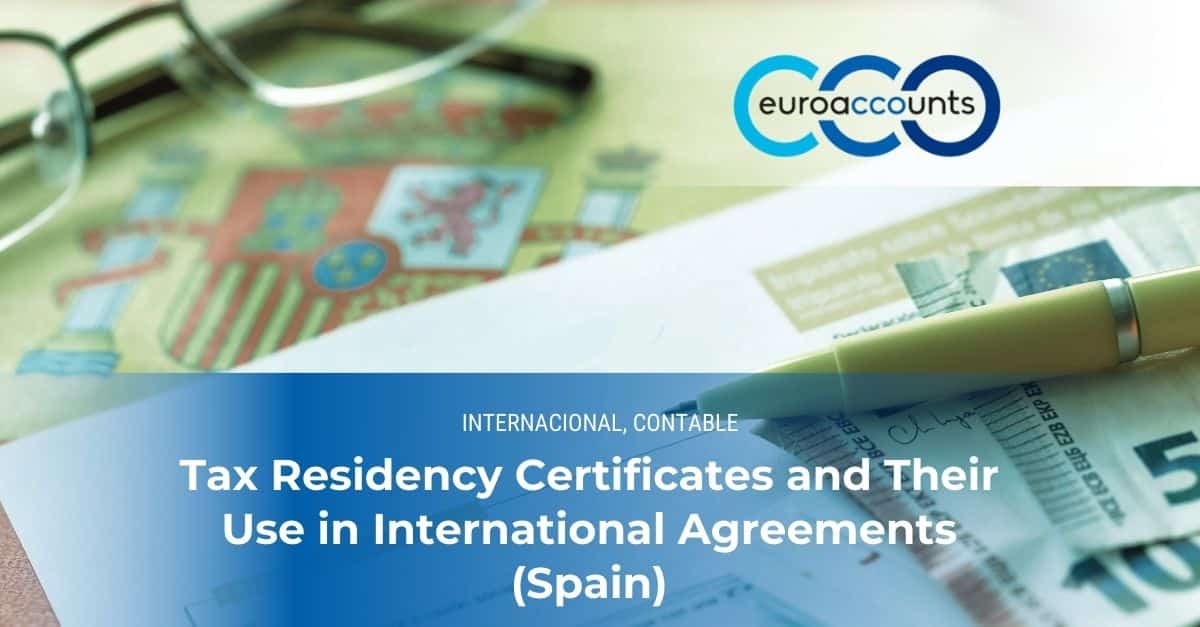If your company already operates in other countries and you are considering establishing a subsidiary in Spain, you are probably interested in advantages such as direct access to the European market, highly qualified talent, and a competitive tax framework. Spain combines stability, infrastructure, and a strategic position to manage operations both in Europe and Latin America. For a detailed overview of the investment environment, see the ICEX Business Guide to Spain 2025.
What is a holding company and how does it fit foreign companies in Spain?
In essence, a holding company is a parent entity that does not produce or sell directly but owns shares of subsidiaries and manages overall strategy: finance, legal, and tax. For companies from other countries that want a subsidiary in Spain, a holding company acts as a central hub, leveraging Spain’s stability to coordinate international operations. It is ideal if you plan to use Spain as a hub for Europe or Latin America, separating risks and optimizing everything from a central point.
If you are in the process of setting up your subsidiary or initial structure, check out our guide on how to open a company in Spain as a foreigner.
A real-life example to put it into perspective
Think of a U.S. tech company operating in several countries. It decides to establish a subsidiary in Spain to penetrate the EU market. It creates a holding company in Madrid that controls not only the local subsidiary but also others in Mexico and Germany. The holding centralizes decisions, unifies accounts, and fine-tunes global taxes. From Spain, they attract European investment and expand without exposing individual subsidiaries. We have seen similar cases where Latin American companies use Spain as a bridge, repatriating profits with tax efficiency.
Is a holding company worth it if your business is foreign and you only want a subsidiary in Spain?
Yes, especially if that subsidiary is part of a larger plan. Establishing only an operational entity in Spain could concentrate unnecessary risks, particularly under local regulations. A holding company separates responsibilities, improves tax planning, and facilitates global control — perfect for foreign companies that see Spain as a base to grow in Europe or connect with their home markets.
Key advantages for foreign companies establishing in Spain
Tax optimization designed for international businesses
For foreign companies, a holding company in Spain under the ETVE regime offers smart planning: a 95% exemption on dividends and capital gains from foreign subsidiaries, avoiding double taxation thanks to Spain’s network of over 90 treaties. Repatriating profits to your home country or from Spain becomes smoother, with a low effective tax rate (around 1.25%). It is crucial to analyze your subsidiaries to maximize this.
Learn in detail how international taxation and the ETVE regime in Spain work.
Unified control from Spain
Entering a new country like Spain complicates the supervision of global subsidiaries. A holding company centralizes strategies without removing local autonomy, imposing clear standards and reporting. Fewer surprises for foreign companies adapting to the Spanish environment.
Subsidiaries remain independent but report to the Spanish parent company, achieving a balance between global vision and local agility.
Asset protection in a new environment
When setting up in Spain, a holding company safeguards your investment by separating operations into different entities. A setback in one subsidiary does not drag down the group — ideal for foreign investors navigating local regulations while protecting key assets.
This also extends to your personal assets, reducing exposure in an unfamiliar market.
Attracting investment in Spain’s vibrant ecosystem
Spain attracts capital, and a transparent holding structure facilitates it: straightforward audits and smooth negotiations. For foreign companies, it is easier to raise EU funds or sell subsidiaries without destabilizing the group.
Flexibility to expand from your new base
Once in Spain, a holding company equips you for growth: acquire companies, integrate them, or leverage local tax resources. If something does not work, reorganize easily, adapting to the European pace.
The downsides you can’t ignore
For foreign businesses, consider initial legal and accounting costs, plus bureaucracy like Spanish reporting. Poor design could trigger audits or penalties under EU anti-avoidance rules or the 15% global minimum tax for large groups. In volatile expansions, such as into Latin America, add challenges with currencies or local laws. Make sure your scale justifies it.
Why Spain as a holding hub? A European comparison
If you are coming from abroad, compare your options: Spain competes strongly with its ETVE regime, without the need for “tax havens.” Here is a practical overview.
| Country/Jurisdiction | Main Tax Advantages | Key Requirements | Example Companies |
|---|---|---|---|
| Spain (ETVE) | 95% exemption on dividends and capital gains; CIT 25% (20% for SMEs in 2025); broad treaty network | Base in Spain; real substance (office, staff); minimum 5% shareholding; AEAT notification | Multinationals such as US tech subsidiaries or Latin groups |
| Netherlands | Similar exemption; 25.8% rate; extensive treaties | Substantial presence; EU anti-avoidance compliance | Shell, Philips |
| Luxembourg | Effective taxes ~25%; IP incentives | Anti-avoidance rules; minimal presence | Amazon EU, funds |
| Ireland | 12.5% rate; holding exemptions; innovation incentives | Real residency; aligned with global minimum tax | Apple, Google |
Spain stands out for medium-sized foreign companies due to its accessibility, talent, and LatAm connection. With the global minimum tax, differences are narrowing for large groups.
The ETVE Regime: Your Advantage When Establishing in Spain
For foreign companies, ETVE (Foreign Securities Holding Entities) makes Spain a tax hub: 95% exemption on dividends and capital gains from foreign subsidiaries, repatriated without extra costs. For official detailed information, refer to the 2025 Non-Resident Taxation Manual by the Spanish Tax Agency.
Basic ETVE requirements
- Tax residence in Spain.
- Real substance: office, employees — not just formal presence.
- Minimum 5% shareholding in foreign subsidiaries, held for at least one year.
- Subsidiaries subject to a similar tax (at least 10% nominal rate).
- Notification to the Spanish Tax Agency.
It aligns with international anti-avoidance rules but requires rigor; for large groups, consider the 15% global minimum tax.
Is a holding company in Spain ideal for your foreign business?
If you are seeking a subsidiary here as part of a global expansion, yes. Evaluate whether it aligns with your goals and whether the return offsets the effort.
Decision checklist
- Do you want Spain as a hub for multiple countries?
- Are you looking to legally optimize global taxes?
- Do you need to protect growing assets?
- Is your size suitable for such a structure?
- Have you simulated tax scenarios?
With proper planning, initial costs are quickly amortized, integrating seamlessly into your existing operation.
Take the step with confidence
Many foreign companies lose opportunities due to fragmented structures. An ETVE holding company in Spain can turn your subsidiary into a global catalyst. Learn how Essence Group consolidated its European expansion from Spain with the support of Euroaccounts.
Consult Euro Accounts for a personalized analysis and make your entry into Spain a resounding success.
Steps to get started
- Review your current operations and goals in Spain.
- Simulate tax impacts.
- Talk to Euro Accounts for a tailored design.
- Implement and maintain compliance.





